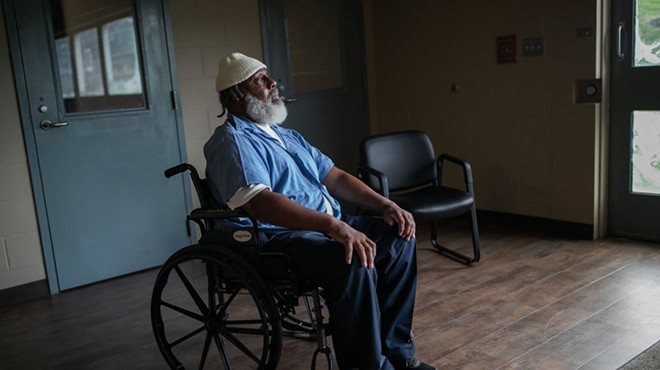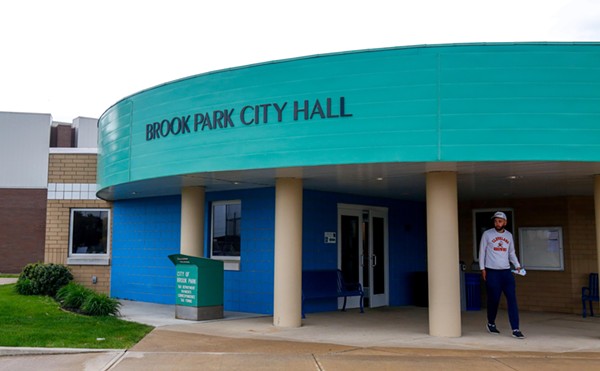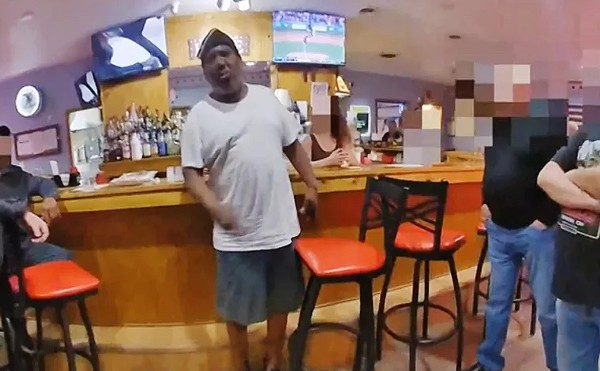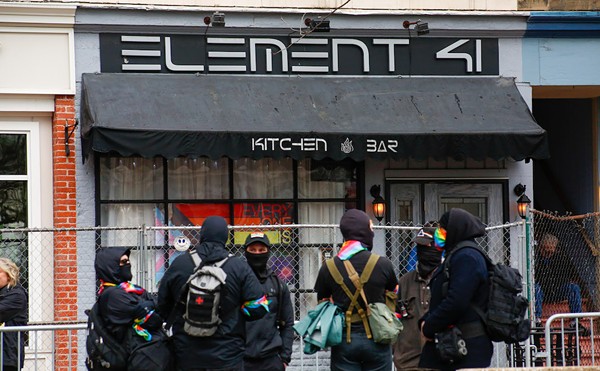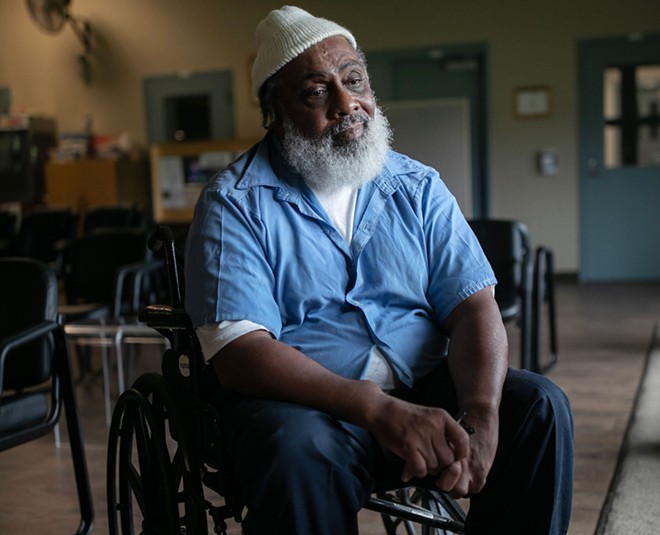
This article was published in partnership with The Marshall Project, a nonprofit news organization covering the U.S. criminal justice system. Sign up for their newsletters, and follow them on Instagram, TikTok, Reddit and Facebook.
Nearly 40 years after the sentencing of a man for one of Northeast Ohio’s most heinous sexual assaults, prosecutors are now testing DNA evidence to see if they convicted the right man.
The Marshall Project - Cleveland collaborated with News 5 to report how Summit County prosecutors and attorneys from the Ohio Innocence Project are currently awaiting DNA test results to determine whether Samuel Herring committed the 1984 rape and attack of Phyllis Cottle.
Herring, now 67, was sentenced in 1984 to a maximum of 330 years for kidnapping and raping Cottle in a high-profile crime that ended with the Akron woman being blinded with a knife and forced to free herself from a burning car. The case has garnered extensive media attention over the years, largely because of Cottle’s advocacy efforts in support of other crime victims and those living with blindness.
In their review of Herring’s case, the Ohio Innocence Project attorneys say, the evidence has exposed common deficiencies that have led to past exonerations for dozens of people in Ohio: disparate treatment of Black men, a conviction won with misleading and outdated forensics, historically erroneous cross-racial eyewitness identification, and a rush-to-arrest police investigation.
During two interviews at the Richland Correctional Institution, Herring maintained his innocence and expressed disappointment that Cottle died in 2013 without knowing who really attacked her. The Cottle family declined to comment.
Summit County Prosecutor Sherri Bevan Walsh said her office’s Conviction Review Unit recently began working with the Ohio Innocence Project, which first accepted Herring’s case about three years ago and presented its findings to prosecutors late last summer.
“We jointly agreed to ongoing and additional DNA testing,” Walsh said in a statement. “We will continue to investigate to ensure justice for Phyllis Cottle’s family.”
Subscribe to Cleveland Scene newsletters.
Follow us: Apple News | Google News | NewsBreak | Reddit | Instagram | Facebook | Twitter | Or sign up for our RSS Feed

